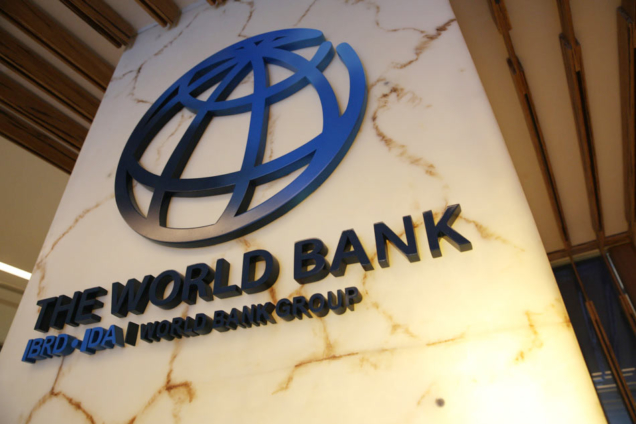The World Bank has advised that improvement of public financial management, public spending efficiency, and procurement practices by the government is key for the sustainability of the fiscal effort.
It pointed out that while a comprehensive look at spending composition is necessary especially to reduce costly, regressive and ineffective energy subsidies, there is also a clear need to look at the efficiency of public spending and procurement practices to reduce waste, mismanagement, and lack of transparency.
In its 8th Ghana Economic Update, the Bretton Wood institution said Implementing improved expenditure commitment controls, improving cash management, and enhancing budget credibility are also key.
“Fast-track actions are needed to Integrate into the Treasury Single Account all ministries, departments, and agencies; local metropolitan, municipal, and district assemblies; and internally-generated-fund entities’ accounts in BoG [Bank of Ghana] and commercial banks. This action, together with effective weekly, monthly, and quarterly cash forecasts, will aid effective cash management and prevent the accumulation of arrears.”
Considering that a large part of arrears accumulation arises from capital expenditures, the World Bank added that a fast-track implementation of the “Blanket Purchase Agreement” is also necessary to capture multi-year commitments and contracts in line with Medium-Term Expenditure Framework ceilings, starting with the road sector.
Over the years, it said the Public Expenditure Monitoring Unit of the Ministry of Finance has been conducting cash forecasts, but these have not been effective because they are either not accurate or are not fully followed.
At the same time, it stated that reforms to achieve the financial sustainability of the agriculture and energy sectors are paramount from both a fiscal and a growth perspective.
“Given the fiscal burden and contingent liabilities emerging from agriculture and energy sectors and role they play in the economy, it is also key to substantially improve COCOBOD’s [Ghana Cocoa Board] and ECG’s [Electricity Company of Ghana] operational and financial performance to restore profitability and financial viability”, it added.
Latest Stories
-
AEC 2024 renews momentum to lift Africa out of poverty despite global shocks
5 mins -
Can RFK Jr make America’s diet healthy again?
7 mins -
Maiden Women in Chemical Sciences conference opens with a call for empowerment
2 hours -
We’ll reclaim all Groupe Nduom stolen assets – Nduom declares
3 hours -
Center for Learning and Childhood Development Director Dr Kwame Sakyi honoured at Ghana Philanthropy Awards
11 hours -
Asantehene receives 28 looted artefacts
12 hours -
CAF WCL 2024: Ghana’s Thelma Baffour wins title with TP Mazembe
13 hours -
Benjamin Boakye slams politicisation of energy sector issues and ECG’s inefficiencies
13 hours -
Erastus Asare Donkor and Dr Neta Parsram win big at 10th Mining Industry Awards
14 hours -
Government is “suppressing information” about power sector challenges – IES Director
14 hours -
Majority of our debts caused by forex shortfall – ECG Boss
14 hours -
Pan-African Savings and Loans supports Ghana Blind Union with boreholes
15 hours -
Bole-Bamboi MP Yussif Sulemana donates to artisans and Bole SHS
15 hours -
Top up your credit to avoid potential disruption – ECG to Nuri meter customers
15 hours -
Dutch & Co wins 2024 Entrepreneur of the Year Award
15 hours

